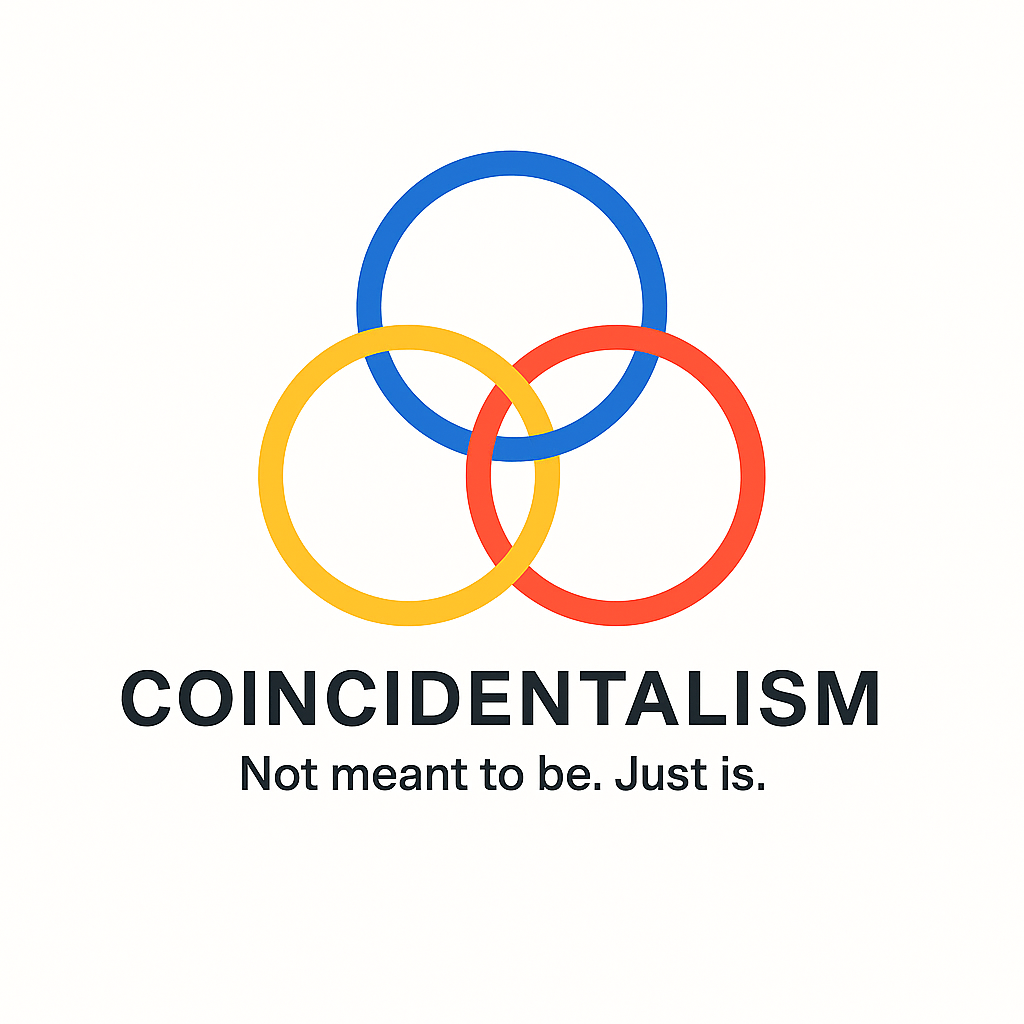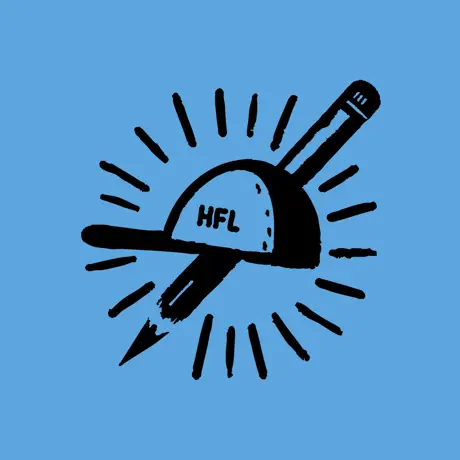I wrote a post about my drive thru conundrum a couple days ago. It received an enormous response. Readers were thoughtful, clever, insightful, amusing, and even helpful.
Then I received an email from a reader asking if I was okay. She noticed that a few of the comments about the post on social media were less than kind. Someone called me a moron. Another accused me of wasting their time. Another said, not so nicely, that I was overthinking things.
I hadn’t seen these little trolls set up shop on my social media, but I went back and found them and a couple more.
Yes, even in a simple post about the moral dilemma of cutting the drive thru line, a handful of folks found a way to be unkind.
This really bothers me. Not for me, of course. I’ve written and published a blog post every single day for more than 19 years. I’ve seen my share of rotten comments from presumably rotten people. I’m also a slightly public figure, so I occasionally receive emails and other forms of communication containing vitriol and stupidity.
As a published authors, I’ve also had to deal with my share of negative reviews. Click on any of my books on any online retailer, you’ll see these reviews. Every one of my books is blessedly reviewed very well by the vast majority of readers, but there are people who don’t love my work and let the world know.
Also, after our lawsuit won the day at the Supreme Court, forcing Donald Trump to unblock me on Twitter, my name was published in the New York Times and many other places, leading to a flood of negativity from MAGA enthusiasts that I still occasionally receive today.
I was also victimized by a small, lowly band of anonymous cowards who tried to take away my livelihood through deliberate manipulation, purposeful mischaracterization, and public defamation.
As a result of all of these experiences, it doesn’t bother me when someone calls me a moron or refers to my work as a waste of time or otherwise sends cruelty in my direction, for a few reasons:
- People who attack me are always less happy than me, so I am undoubtedly, joyfully winning.
- The ratio of kindness to cruelty in my world is easily 20 to one. You may call me a moron, but two dozen others expressed kindness, thoughtfulness, appreciation, and sincere engagement with my ideas. You’re a speck of negativity in an ocean of kindness and decency.
- These unkind comments would almost never be spoken if we were standing beside each other in real life. People find a lot of courage and even more stupidity when responding online.
- I am steel. It’ll take more than the blathering of an internet troll to even give me pause.
Here’s why it bothers me:
Someone wrote to me, concerned that my feelings might’ve been hurt, which probably means her feelings would’ve been hurt had she been attacked like me. Even after seeing the overflow of kindness about the post, she zeroed in on the handful of unkind comments and worried about me because of it.
What are the chances that she will be willing to take a chance and publish an idea of her own in the future after seeing and worrying about me?
I worry that we lose meaningful, powerful, insightful voices because of this unnecessary negativity. I worry that when you call someone a moron on the internet for posing a moral conundrum, you silence someone who may have wanted to express their own idea with the world but are now fearful of the response.
This doesn’t mean there aren’t times when harsh criticism isn’t warranted. When I express an idea that offends you, by all means fire away. If I posit a theory that strikes you as offensive or stupid or insensitive, let me have it. If I take a position that runs counter to every fiber of your being, tell me so. If necessary, use strong language.
I certainly let politicians and other public figures know how I feel often. I sometimes use strong, incendiary language when doing so. But if you’re attacking LGBTQ rights or espousing bigotry or threatening democracy, strong language is sometimes necessary.
But when I ask a question about how to handle a simple, every day problem, and your response is cruelty, I worry that your unnecessary troll village will deter others from expressing themselves in the future. When readers see an honest, innocuous question about the world responded to with name calling and cruelty, I worry that it silences their own voice.
Not everyone is steel. Few people have experienced the amount of negative feedback that I have over the years. Unless you’re writing and publishing every day (and once sued the President of the United States), it’s unlikely that you’ve learned to ignore and even laugh at online trolls.
But we should still hear from you. We want to hear from you. We may need to hear from you.
You may need us to hear you.
I can’t promise that expressing your ideas with the world won’t attract trolls. I can’t promise a world free of negativity. But I can promise you that these little monsters are few and far between and that their comments are meaningless. Small, stupid statements made by small, stupid people.
Nothing like the thoughts I hope you’ll share with the world.










